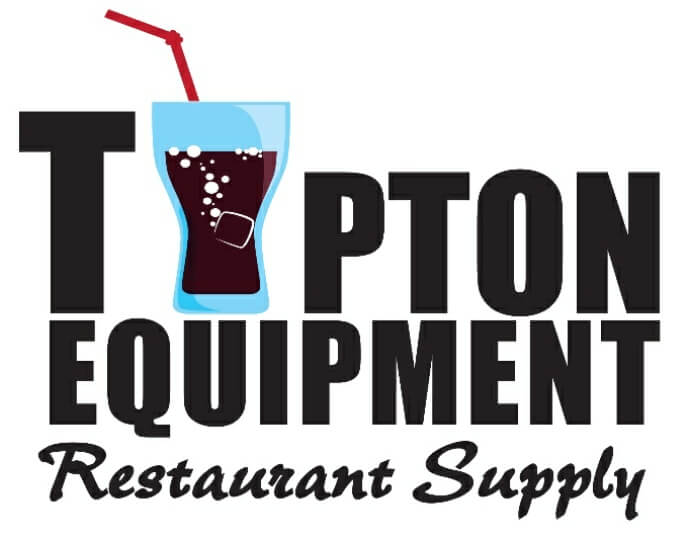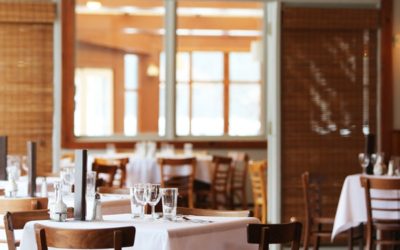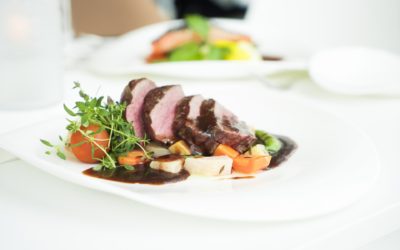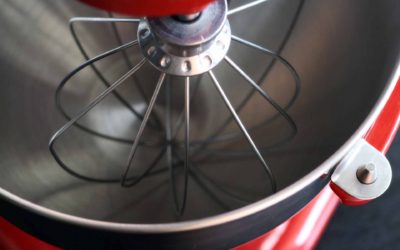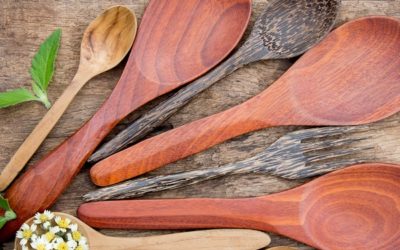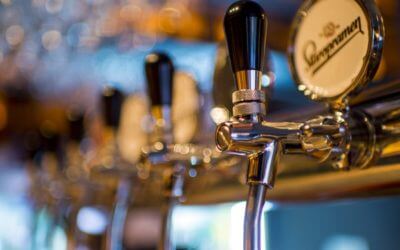6 Equipment Buying Tips Every Restaurant Owner Needs to Know
July 8, 2017If you own a restaurant, knowing how to purchase the right equipment is one of the key ingredients to the success of your company. Here’s a bit of advice to help you become a purchasing pro:
Our 6 Restaurant Equipment Buying Tips
1. Consider your current situation and plans for expansion. When purchasing restaurant equipment, consider not only the current size of your kitchen, but also any plans to grow in the future. What you currently need and what your present space can accommodate may be different than what you will need later; a larger or more upscale model may be in order.
Make a list of your current restaurant equipment needs, and note alongside it what you may need later on. Another thing to think about while you write your list is your current menu and any changes you might make to your menu. Consider all the cooking tools you might need to cook your current and future menu items. Try to leave room for new ideas.
2. Make a budget. Have a good look at your finances and decide how much money you can allocate to each aspect of your business. How much money do you plan to spend on your restaurant equpiment? Keep in mind that if you are a new business owner you should be very aware of your budget, as this can quickly make or break your business.
Although you may save money by purchasing more advanced equipment right away, some purchases and upgrades might be best left to when you are making more profits.
3. Find the balance between high quality and an affordable price. If only we had an unlimited pocketbook, we would all choose top-of-the-line restaurant equipment. However, we must keep our budget in mind. Choose quality equipment but be mindful of the cost.
Remember, the cost of restaurant equipment is not just in the price tag. For one, high-quality equipment will help you create better food. Certain equipment, especially heat-producing items like ovens, can use a lot of energy, so energy efficiency is an important consideration. Good equipment also last longer as a rule and cost you less in maintenance and repairs. In many cases, you really save money when you buy a better-quality piece of equipment.
4. Ensure compliance. The first thing you should do before buying any restaurant equipment is to check all government regulations, including building, health, fire and other local codes. When making your purchases, ensure the equipment meets all the codes. Remember, inspectors will likely check your equipment when they visit your restaurant. You don’t want to waste money on replacing a new purchase that’s not up to code!
5. Buy something efficient and practical. Ensure the restaurant equipment you buy is easy to use, clean and maintain. Consider the amount of time it will take to train your staff to use the equipment, and how much time cleaning and upkeep will take
6. Consider the warranty and post-purchase service. Be sure to ask if there is a warranty for the restaurant equipment you’re thinking of buying, as well as what is covered under that warranty. If you’re buying a model you haven’t used before, some companies offer training on installation and use, so inquire about this as well.
5 Keys to Creating the Perfect Restaurant Seating Areas
Restaurants are about so much more than just food. From the setting and layout of your restaurant to your choice of colors, it takes a lot more than an appealing menu to keep diners coming back for more. When setting up your restaurant, booths and chairs are important...
5 Essential Buying Tips for Your Next Food Prep Work Table
The right foodservice equipment is pivotal to the efficiency of your kitchen. One of the most important types of foodservice equipment for any kitchen is the work table. With limited room on countertops available for your food prep needs, the cooking process can drag...
Tips for Keeping Your Commercial Sink Sparkling Clean
Your commercial kitchen, just like your personal kitchen, must be kept clean at all times. With all of the cooking and food processing you do, it is inevitable that your sink gets messy. Cleaning up your commercial kitchen is incomplete without proper cleaning of your...
Food-Cutting Secrets to Beautiful Dishes
In the restaurant industry, presentation is often said to be just as important as the food itself. Using the right knowledge, skills and restaurant supplies, you can incorporate creativity into your presentation, making guests feel that they are getting something...
Top Space-Saving Tips for Commercial Kitchens
Top Space-Saving Tips for Commercial Kitchens Space is always an important consideration when setting up a kitchen, and this is even truer for commercial kitchens. With a strong focus on functionality and the kitchen supplies that meet the needs of your commercial...
5 Ways to Get the Most Out of Your Mixer
No one wants to eat off of dirty or tarnished silverware. A stand mixer is a highly useful piece of kitchen equipment to invest in. Although this type of kitchen equipment does not usually come cheap, it can last a lifetime when properly cared for. Despite all your...
Restaurant Prep Tool Selection Simplified
What’s a restaurant kitchen without high-quality prep tools that can withstand the pressure of frequent use? Whether you already have a restaurant you’re running, or you’re just planning to launch one, one vital factor that could make or mar your business is how you...
Beginner’s Guide to Choosing a Commercial Ice Cream Freezer
Ice cream is a delicious and appealing desert treat for everyone, young or old. Having made the decision to sell ice cream to your customers, whether you have a restaurant, convenience store, or specialty ice cream parlor, it is time to begin stocking up on the right...
How to Choose the Right Kitchen Scales for Your Restaurant
A food scale is an essential item in every restaurant’s store of kitchen supplies. Designed to take the guesswork out of food measurement and maintain consistent food serving sizes, food scales are indispensable kitchen supplies in the commercial kitchen. With such a...
Beer Chilling Systems: Which Type Is Right for My Restaurant?
A refrigeration unit is integral to the functioning of any restaurant. Beers are best served cold - there’s no questioning that! But which beer chilling system is the best? From reach-in coolers to glycol chillers, a beer chilling system is an important piece of...
What Equipment Will I Need to run a Food Truck?
There’s a lot of planning that goes into starting your own food truck business. Before you hit the road with your delicious food offerings, you’ll need to fill up your truck with all the right foodservice equipment. Considering the lengthy list of possible items to be...
8 Types of Food Thermometers: What You Need To Know
Food thermometers are essential restaurant supplies for your commercial kitchen. They ensure that foods prepared in your commercial kitchen are cooked to the right temperature and held at that temperature for as long as necessary to kill any harmful bacteria. This...
How to Identify the Best Food Processor for Your Needs
Highly versatile and extremely efficient, food processors are designed to take away the hard work from repetitive kitchen activities. This type of cooking equipment can quickly become an invaluable tool in your kitchen. From chopping, to shredding, grinding, mincing,...
6 Keys to Choosing the Best Chafing Dishes for Your Restaurant
The chafing dish, also known as the chafer, is an essential piece of restaurant equipment for any establishment that wants to keep food hot. This type of restaurant equipment gets its name from the French word, chauffer, which means to heat, and it’s easy to see why....
Turning up the Dial on Commercial Fryers: How to Choose One for Your Restaurant
Fried food is a well-loved favorite. This is a fact. It also makes a fryer an important piece of equipment to have in your commercial kitchen. Just consider how many appetizers and sides require frying: onion rings, French fries, and fried green tomatoes are just a...
